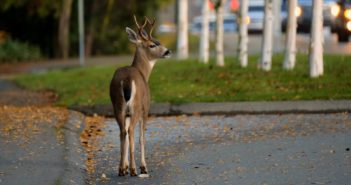
Making Roads Safer for Wildlife
Automobile traffic can be a huge threat to wildlife. In an interview, we learn what one state is doing to reduce the number of animals killed by vehicles.

Automobile traffic can be a huge threat to wildlife. In an interview, we learn what one state is doing to reduce the number of animals killed by vehicles.
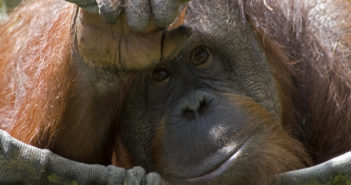
I went to the zoo to study primates, to turn their behaviors into numbers on a chart. Instead, I found a complicated world, with five orangutans at the center of a twisted web of relationships.
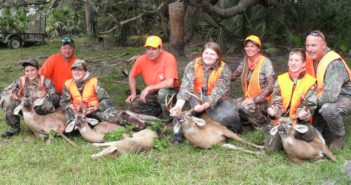
We need to create new wildlife management policies and practices that do not include hunting and killing, but that instead incorporate the intrinsic value and interests of individual animals, species populations, and entire ecosystems.
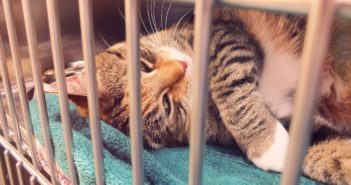
Christie Smith offers her advice and looks back on 35 years of helping companion animals via a local organization devoted to sheltering and adoptions.
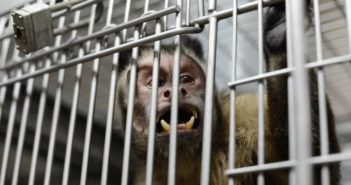
“Forward-thinking researchers are moving forward with humane, human-relevant cures for COVID-19 because the world cannot afford to be hampered by the results of bogus and outdated animal experiments.”
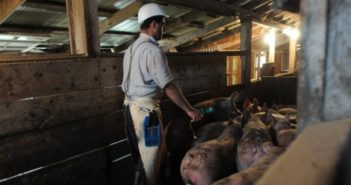
As COVID-19 plagues the US, large meat companies and the USDA continue to put slaughterhouse workers’ lives in jeopardy and completely disregard animal welfare.

An analysis by the Animal Welfare Institute has found that the majority of states have gotten off to a slow start reporting animal cruelty incidents to the FBI’s national crime database.
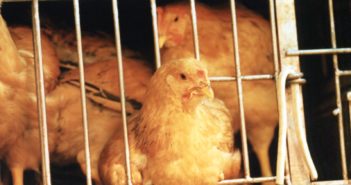
Live animal markets are a breeding ground for organisms that can be deadly to humans. According to the CDC, “3 out of every 4 new or emerging infectious diseases in people come from animals.”
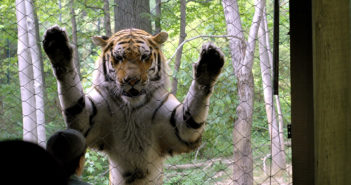
At least one tiger has tested positive for COVID-19 at the Bronx Zoo, and tuberculosis is rampant in the U.S. captive elephant population and continues to be contracted by human zookeepers.
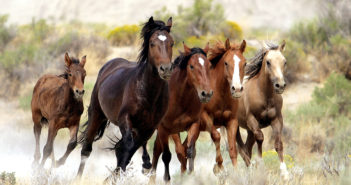
A seasoned animal advocate discusses what she’s learned from decades of working to help animals in a variety of ways, from fighting for legislative changes to saving dogs from post-Katrina floods.
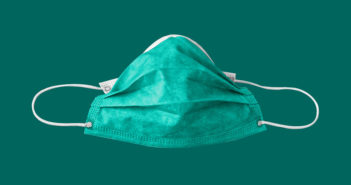
The COVID-19 pandemic will hopefully accelerate new policies to prevent and mitigate the impact of new emerging pathogens and give new impetus to ending wildlife consumption and habitat destruction.
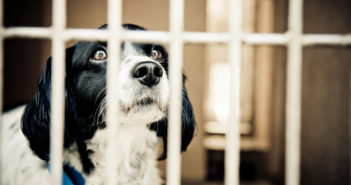
Animals in labs suffer every day, but the COVID-19 pandemic is causing them new, unexpected cruelties. You can help by writing to the president of Wayne State.